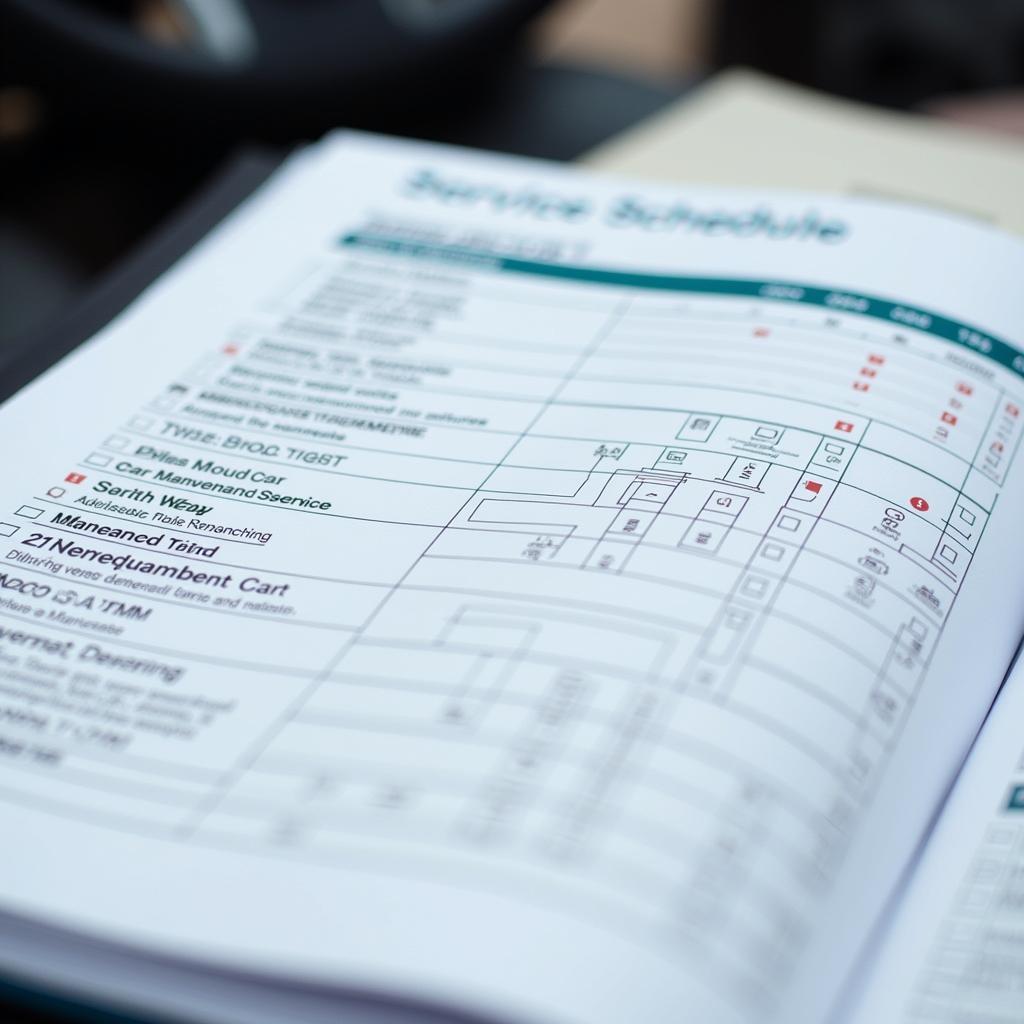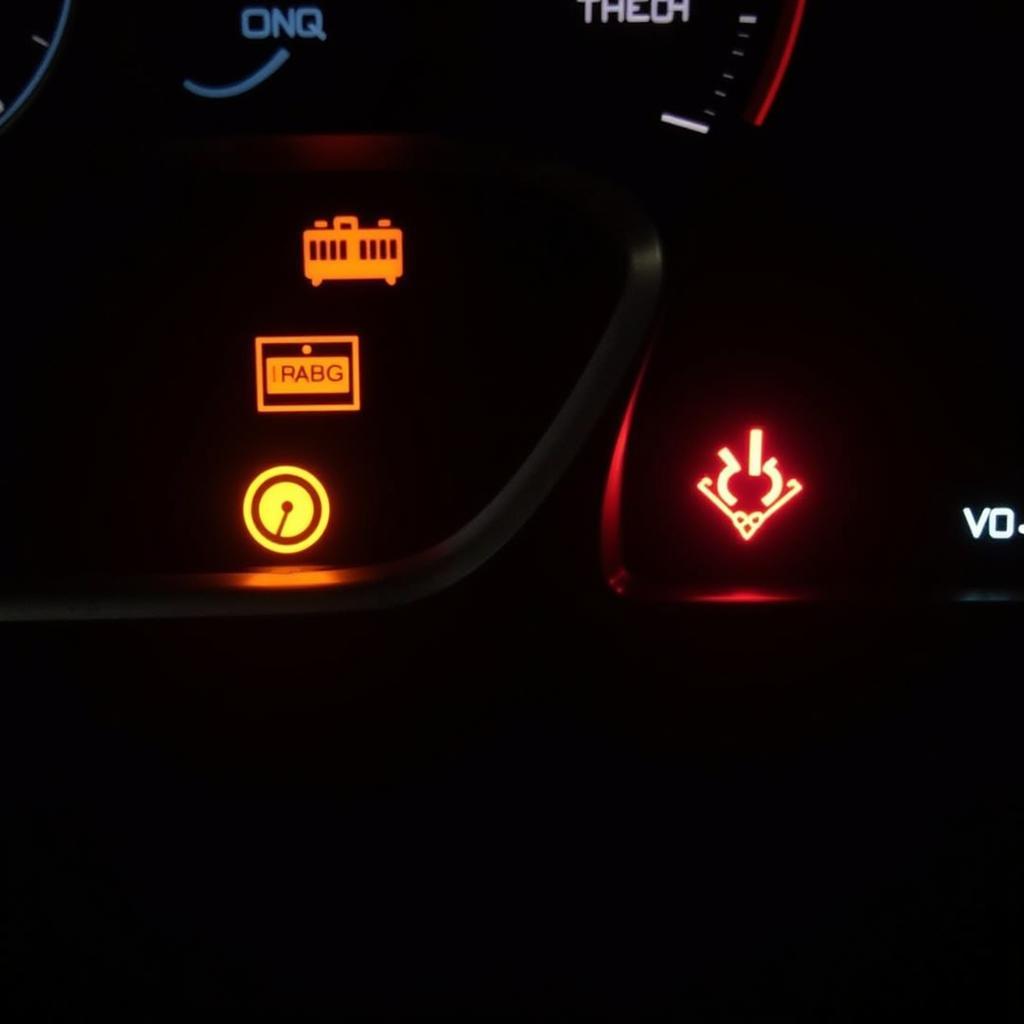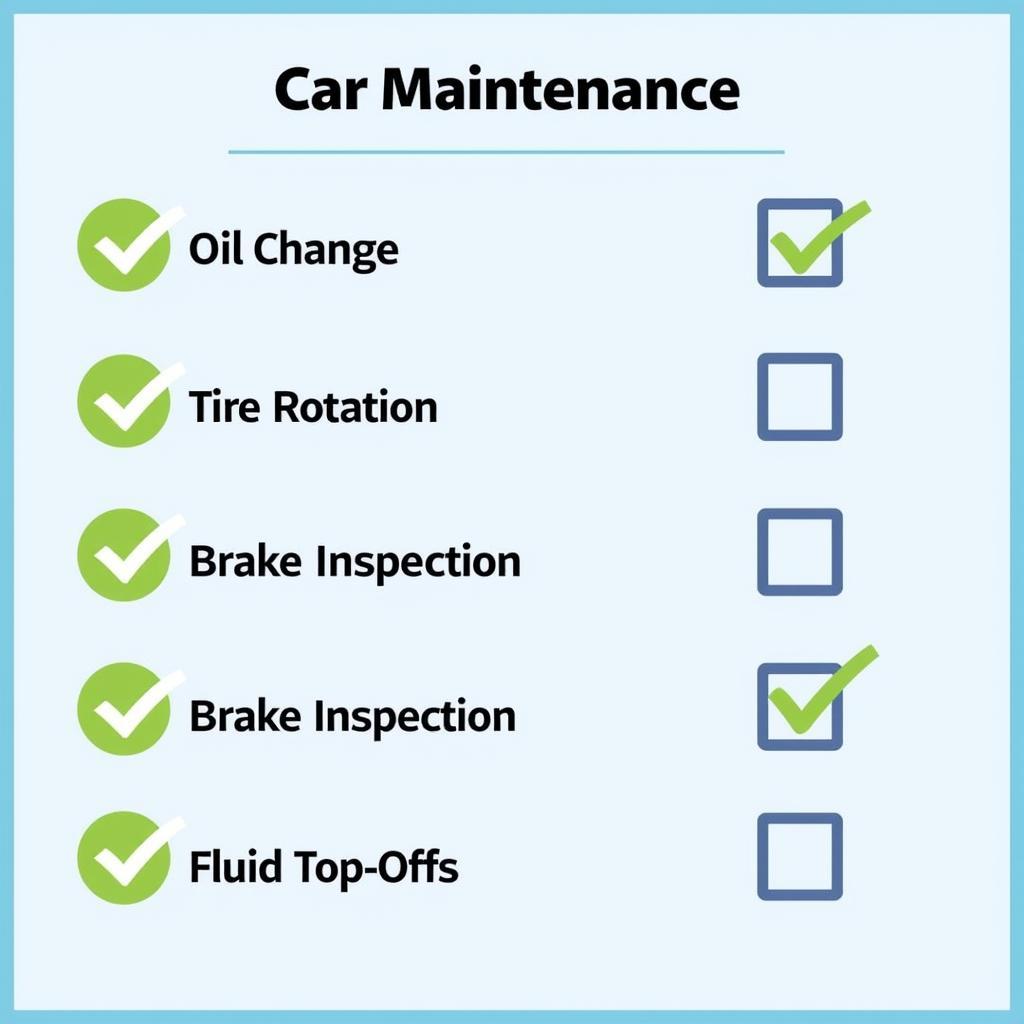Your Complete Guide to Service Car: Everything You Need to Know
Keeping your car in top condition is crucial, not just for a smooth ride, but also for your safety and the longevity of your vehicle. That’s where regular Service Car appointments come in. Whether you’re a seasoned car owner or a newbie, understanding the ins and outs of service car procedures can seem daunting. This comprehensive guide will navigate you through everything you need to know about service car, ensuring your car receives the best care possible.
What Does Service Car Actually Mean?
“Service car” essentially refers to the regular maintenance your car needs to function optimally. It encompasses a series of checks, adjustments, and replacements of parts that wear down over time. Think of it as giving your car a health check-up to prevent potential problems and keep it running smoothly.
Decoding the Service Car Schedule
Car manufacturers typically provide a recommended service schedule in the owner’s manual. This schedule outlines the specific services required at different mileage or time intervals.
 Car Service Schedule
Car Service Schedule
While schedules vary depending on the make and model of your car, here’s a general overview of what to expect:
1. Basic Service:
- Usually done every 5,000-7,500 miles or 6 months.
- Includes an oil change, oil filter replacement, and a general inspection of vital components like brakes, tires, fluids, and lights.
2. Intermediate Service:
- Usually done every 10,000-15,000 miles or 12 months.
- Includes everything in a basic service plus additional checks like air filter inspection/replacement, spark plug inspection, and brake fluid flush.
3. Major Service:
- Usually done every 30,000-60,000 miles or 24 months.
- The most comprehensive service, encompassing everything in basic and intermediate services, along with more extensive inspections and potential replacements of parts like timing belts, coolant flushes, and fuel system cleaning.
Sticking to the recommended service schedule not only minimizes the risk of breakdowns but also maintains your car’s warranty and potentially increases its resale value.
Recognizing When Your Car Needs a Service
Besides the scheduled maintenance, your car might signal a need for servicing through various signs. Paying attention to these warnings can prevent minor issues from escalating into major, costly repairs.
1. Unusual Noises:
- Squealing brakes, grinding gears, knocking sounds from the engine, or any unfamiliar noise should never be ignored. These sounds often indicate a problem that needs immediate attention.
2. Warning Lights on the Dashboard:
- Modern cars are equipped with dashboard warning lights that illuminate if a system needs attention. Familiarize yourself with these lights and their meanings in your car’s manual.
 Car Dashboard Warning Lights
Car Dashboard Warning Lights
3. Fluid Leaks:
- Puddles of fluid under your car, especially if colored or oily, could signify a leak in your car’s systems, requiring immediate inspection.
4. Performance Issues:
- Difficulty starting the car, engine misfires, decreased fuel efficiency, or any change in your car’s performance should be checked by a mechanic.
Choosing the Right Service Car Provider
Selecting a trustworthy and competent service provider is crucial for your peace of mind. Here are a few factors to consider:
1. Dealership vs. Independent Mechanic:
- Dealerships specialize in your car’s make and have access to specialized tools and parts. However, they tend to be more expensive.
- Independent mechanics offer more competitive pricing and personalized service.
2. Reputation and Reviews:
- Online reviews and recommendations from friends or family can provide valuable insights into a service provider’s reliability and customer service.
3. Certifications and Expertise:
- Look for mechanics certified by reputable organizations like the National Institute for Automotive Service Excellence (ASE).
4. Communication and Transparency:
- Choose a service provider who clearly explains the repairs needed, provides a detailed estimate, and answers your questions patiently.
Tips for a Smooth Service Car Experience
1. Keep Detailed Records:
- Maintain a record of all service appointments, including the date, mileage, services performed, and costs. This helps track your car’s maintenance history and can be helpful during resale.
2. Communicate Clearly:
- When you take your car for service, clearly describe any issues you’re facing, including specific details like when the problem occurs, any noises, and warning lights.
3. Ask Questions:
- Don’t be afraid to ask your mechanic about the recommended services, the estimated costs, and any concerns you have.
4. Understand Your Rights:
- Familiarize yourself with your car’s warranty coverage and any applicable consumer protection laws.
Best Service Car Company in India
Service Car: Investing in Your Car’s Well-being
Regular service car appointments are an investment in your car’s longevity, safety, and performance. By understanding the basics of service car, recognizing warning signs, and choosing a reliable provider, you can keep your car running smoothly for years to come. Remember, proactive maintenance is always better and more cost-effective than reactive repairs.

